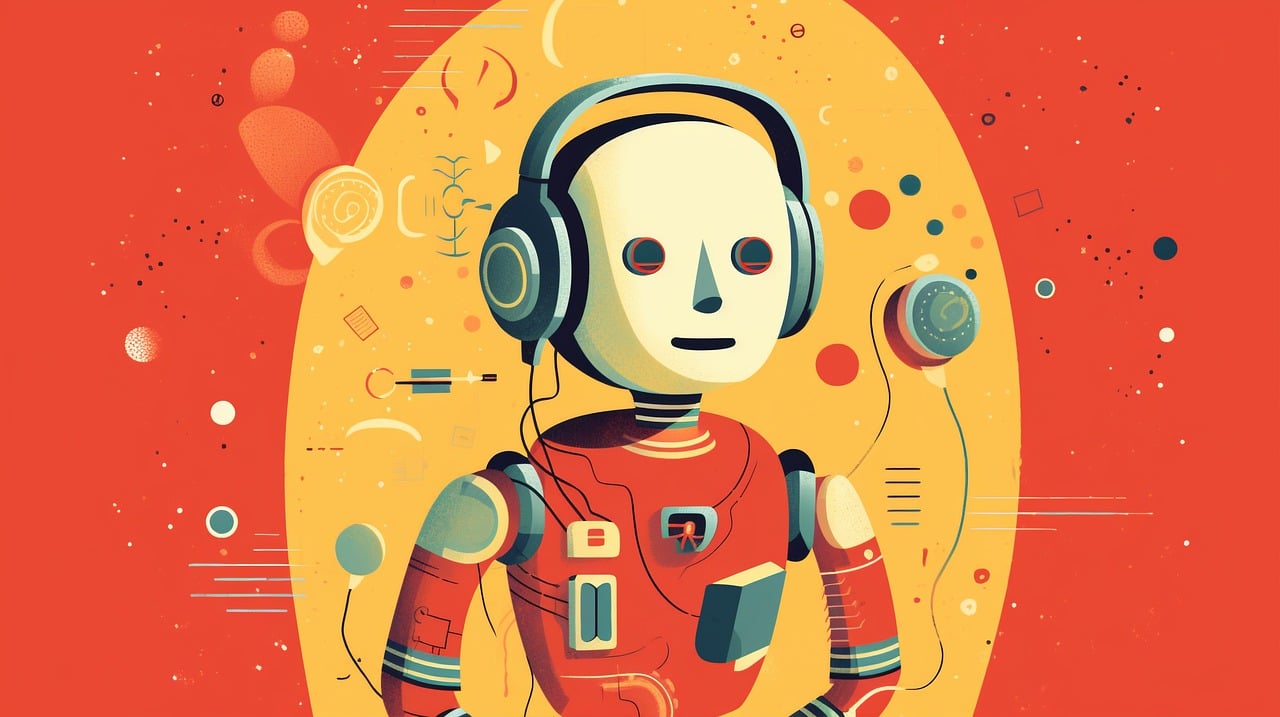Can AI Provide Better Customer Service?
-
-
Slice of MIT
Filed Under
Recommended

Customer service experiences can really stick with you—a positive interaction can inspire brand loyalty, and a negative one can prompt a complete boycott. Few people are happy with today’s automated options, from limited phone menus to inept chatbots. But Liz Tsai ’11, SM ’13 says she has an alternative: an AI customer service solution that can resolve issues faster and more efficiently than humans and is more cost-effective for companies.
HiOperator was founded by Tsai and Mark Salesses SM ’12 in 2016 to develop an automated customer service solution with a combination of backend automation and generative AI (read: trained computer models that can generate high-quality answers to written questions). Why customer service? Because it seemed uniquely challenging—and Tsai loves a challenge.
“Math was the thing I was good at, and it was my community,” says Liz Tsai ’11, SM ’13.

“You have a lot of naive nerds like us who go, well, there’s a lot of data here—we’ll just do some math and some data things and automate customer service,” says Tsai. “But the more you look at it, the more you realize that automating customer service is really difficult because it covers a lot of surface area and it’s really a game of exceptions.”
Tsai is no stranger to exceptions—while the typical student in the United States enters college at age 18, she was just 15 upon arriving at MIT, having skipped three grades in elementary school and finished high school a year early. Being three years younger than her peers growing up made playing competitive sports nearly impossible, so Tsai leaned into her love of math and science—she was a part of the robotics club and participated in a lot of math competitions and camps. “Math was the thing I was good at, and it was my community,” she says.
MIT expanded this community and enabled her to discover more interests.
“Part of what was magical about MIT was that it really does encourage you to explore a lot of things,” recalls Tsai, who double majored (in mechanical engineering and materials science and engineering), double minored (in political science and biological engineering), and also earned a master’s in the MIT Media Lab. “You need to make sure you’re getting enough credits to graduate with at least a major or two. But beyond that you can really do whatever you want. I spent most of MIT taking double the class load because I was just excited to explore a bunch of different things.”
Tsai’s love for exploration led her to start her career in commodities trading, where she spent time living in Switzerland and Singapore, followed by a fintech-solution startup. Although the startup wasn’t successful, she discovered the entrepreneurial mindset suited her. As she investigated business options, she soon realized one issue came up again and again: the need for better customer service.
For companies, providing effective customer service is a crucial yet costly endeavor. From speaking to company leaders, Tsai learned that a large percentage of funding goes toward labor—hiring, training, wages, etc. And since the industry has a high turnover rate—up to 100 percent annually— it’s rare for anyone to have a staff full of well-trained, well-informed representatives.
While there are customer software tools that use AI, including generative AI, to help make human agents more productive in certain aspects, Tsai says that HiOperator’s HiQ platform is the first comprehensive AI orchestration platform that replaces almost everything that a customer service agent does. “HiOperator does everything that a customer service outsourcer does! Just, instead of being staffed by human agents in a lower-cost geography, we are staffed by cyborgs.”
To create an effective generative AI solution, she has spent the last five years building out backend systems and infrastructure to automate a lot of the more transactional parts of the job, like resetting passwords, submitting refunds, and return/replacement requests. The text-based channels—email, chat, and SMS—provide support that, according to Tsai, just feels like “you’re talking to a really sharp human.” And the data shows this to be true.
One benefit of automating everything is that it’s easy to track what is and isn’t working, Tsai explains. After eight months of fully employing the generative AI—which launched in January 2023— HiOperator’s team can see how well the system compares with humans. The results look good, Tsai says. “Generative AI across the board results in a higher customer satisfaction score than humans alone. So, it’s not just a cheaper solution that brands can offer. It’s actually a superior solution.”
So, will this platform eliminate human customer service workers? Tsai says absolutely not. While it does streamline the more mundane and process-oriented tasks, it then creates more high-skilled supervisory roles to help ensure quality control and troubleshoot more challenging requests, like a very high-value order or a health and safety concern for a food company.
“We think that automating customer service—and more broadly, building the tools to automate manual tasks that humans do today—will bring an incredible amount of good to a large number of people,” says Tsai. “Specifically, we believe that automation in this manner is not about replacing human labor outright, but rather about increasing service industry output and providing more interesting, more leveraged, and fulfilling jobs.”
Image (top): Shawn Suttle.







